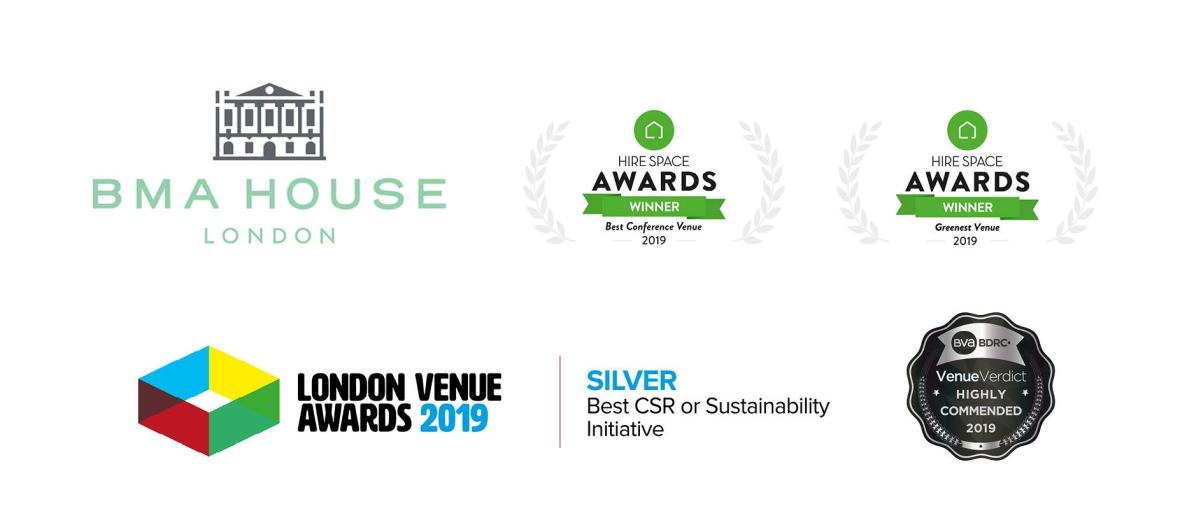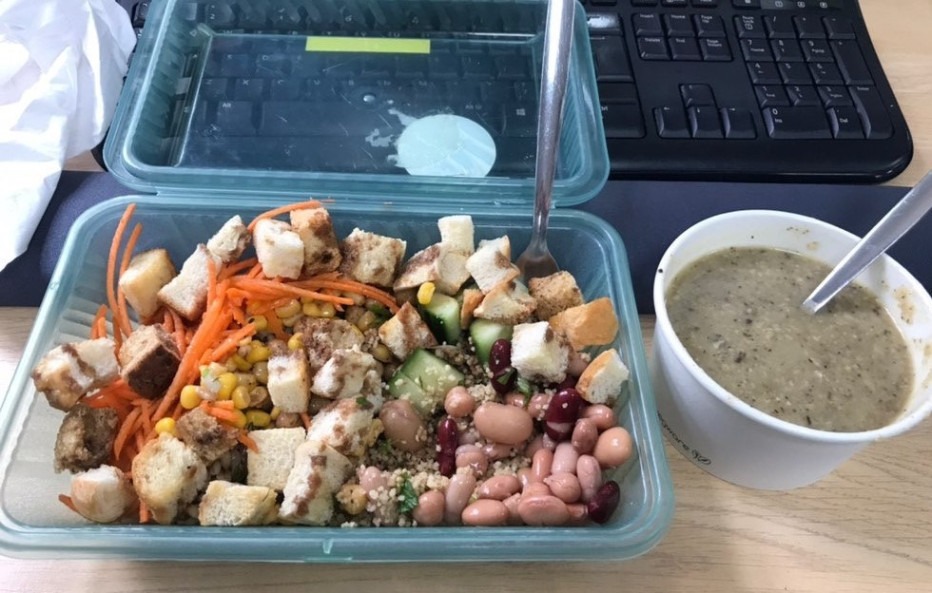It’s world environment day and it couldn’t have come at a better time…
The global pandemic has encouraged us all to re-evaluate our lives and how our current ways of living are having an irreversible effect on the planet. This must be stopped.
The Earth is having a minute to breathe. Data from satellites shows that nitrogen dioxide air pollution levels have plummeted across Europe since the pandemic and levels of pollution have decreased by up to 50% in major cities. The air is clearing of pollution from fewer cars on the roads and planes in the sky, wildlife is returning to newly clear waters and forests and crude oil has gone into minus value as its just not needed anymore! We have even seen wild animals boldly strut into built up, urban areas where they never would have dared venture before.
Now, don’t get me wrong, I am not by any means under-emphasising the global tragedy that has been caused by the corona virus pandemic. However, in such dark and uncertain times it is important we are looking to the positives amongst the inescapable negatives and using these as tests to better ourselves and our futures.
The world is changing and we will all need to come to grips with a ‘new normal’ way of living our lives and hopefully, the undeniable changes we have seen in our planet in just a few short months from the absence of human activity will shine a brighter light on the importance of a greener way of living.
BMA House as a Sustainable Venue
At BMA House, we pride ourselves in putting sustainability at the heart of everything we do. We have won a number of awards in return for our efforts including a Gold award in Green Tourism in 2017, a ‘Greenest Venue’ award in 2018 and 2019, a ‘Most Sustainable Venue’ award in 2019, silver at the London Venue Awards 2019 for ‘Best CSR or Sustainability Initiative’, and ‘Best Conference Venue’ at the Hire Space Awards.
We work really hard as an events venue and as a wider organisation to keep up our fantastic ‘green’ credentials and do more than our bit for the planet. For example, we have drastically reduced our delegate carbon footprint by 69% over the past 4 years. We have also achieved a zero-landfill status and in January alone we recycled 46,760kg of waste and saved 140 trees.
Our venue and events are plastic-free and we offer a full plant based menu and delegate package too. You’ll also find around the venue upgraded PIR and LED based lighting, digital way-finding signage to reduce the need for paper signs, SMART Kapp white boards which transfers content to delegates’ phones, recycled paper for your flip charts, sustainable and locally sourced food ingredients and plentiful recycling units in all meeting rooms and corridors.

How can you be more sustainable in your venue, business, or everyday life?
There are a whole host of ways you can reduce your carbon footprint and the environmental impact you’re having at work and in your personal life.
A good place to start is to look at the UN’s ‘Sustainable Development Goals’ (SDGs). These aim to provide a shared blueprint for peace and prosperity for people and the planet, now and in the future. The SDGs cover topics including health and wellbeing, water, energy, education, consumption and production, and ecosystems.

So how do these translate to your life and working environments?
Well, pretty much everything you do has some kind of impact on the environment, so take a minute to think about your everyday life and consider;
- What kind of food do I eat?
- How much water and energy to I use daily?
- What kind of clothes to wear and how often to I buy them?
- How much waste do I throw away?
- How much waste do I recycle?
- Do I reuse what I can?
- How do I travel from A to B?
Then start to think where you could make changes (big and small) to these areas to lower their impact on the environment.
In the workplace – some ideas to help you get started
Start by nominating a Sustainability Champion – this could be you, or someone else who has a keen interest in improving practices and can take an active role in leading operations. For example, at the BMA, each team has a Sustainability Champion who represents them in meetings and relays important information back to the team, encouraging them to work towards best practices.
Ensure you have adequate recycling and waste facilities that are labelled clearly and placed as frequently and conveniently as possible. This will help to make it as easy as possible for people to correctly dispose of their paper, plastics, glass, cans, food waste and general waste to optimise recycling opportunities.
Room temperature is never something that people will agree on, however the recommended room temperature for reducing environmental impact is 19 degrees Celsius. Aim to have your rooms set to 19 degrees as standard – at BMA House, we have an internally controlled temperature system so have ensured all rooms are kept at this temperature where possible and staff / guests are encouraged to wear extra layers of clothing or open a window before using the air conditioning or the heating.
Think about the lighting and water used in the building and if unnecessary usage can be reduced. At BMA, we have had water reducing flushes installed on our toilets and PIR lighting installed (passive infrared sensors). This means that lights go off when there’s no activity in the room so they’re not left on for prolonged periods of time. If you have light switches, consider putting signs on the wall to encourage staff to turn lights off when leaving the room or when the room is bright enough already from natural daylight.
Do you have a café or a shop onsite for staff and guests? If so, are you making a conscious effort to reduce plastic use and disposable waste? Consider switching your offerings to glass bottles instead of plastics and biodegradable take away containers. Better still, encourage customers to avoid these things altogether. For example, at BMA House, we have introduced a charge for take-away disposables, swapped all plastic for glass and introduced a reward scheme for bringing your own reusable containers and coffee cups.
Lastly, educate your colleagues and guests in any way you. The more people know about these things, the more they will be able to play their part in the positive change.

In your personal life – some easy tips to help you reduce your carbon footprint
Some of the easiest things you can do on a daily basis is to make sure you always carry with you the essential sustainability starter pack – a reusable water bottle, a reusable coffee cup, and a reusable bag. These will instantly give you a kick start into reducing waste and plastic which we all know is creating irreversible damage to the land, sea and wildlife. 300 million tons of plastic is produced globally every year. Half of that plastic is used for disposable items that will only be used once then thrown away. As a result, eight million tons of discarded plastic ends up in our oceans every single year.
Consider swapping cosmetic disposables for reusables too. There are some fantastic reusable face wipes and cotton pads out there, along with shampoo, conditioner and soap bars which will all help you reduce your disposable plastic use and waste. Products in glass, metal or cardboard containers are better for the environment as they are more easily recycled. Look also to purchase from companies who are doing their bit for the planet as well, for example, Fairtrade, cruelty free, using natural and vegan ingredients, and working to use recycled and recyclable materials in their packaging.
Think about reducing the amount of meat you consume – studies have shown that vegetarian and vegan diets are better for the planet and good for your health too. It doesn’t have to be a big dramatic change, even small changes you make to your daily life can make a huge difference – for example swapping dairy for plant-based milk or opting for chicken instead of more carbon-producing meats such as beef and pork. Producing beef uses 20 times the land and emits 20 times the emissions as growing beans per gram of protein and requires 10 times more resources than producing chicken. Additionally, check for palm oil in the food you are consuming – the production of palm oil is having a devastating effect on rain forests and the wildlife that lives within them. If it doesn’t say ‘sustainably sourced’ palm oil, avoid it!
How do you travel? Means of travel that do not use fossil fuels, such as walking or cycling are the best for the environment as they produce no carbon emissions whatsoever. This is followed by public transport such as buses and trains which can carry a large number of passengers at once reducing each individual’s carbon usage. If you need to travel by car, can you share lifts with someone else to save multiple cars being used on the road at once? Additionally, if you can holiday in your own country instead of travelling abroad by aeroplane, this will help reduce your carbon footprint too. Travelling by train emits 0.046kg CO2/km per person compared to 0.266kg CO2/km per person.
Lastly, reuse what you can and upcycle where possible. For example, the clothes you wear and buy. Fashion production takes up 10% of humanity’s carbon emissions and 85% of all textiles go to the dump each year with fashion waste contributing to the plastic polluting our seas as well! So next time you want a wardrobe refresh, think about buying second hand, donating or selling your unwanted clothes, or turning that old baggy dress into a cute new two-piece.
Sustainability isn’t just a word anymore, it’s a way of life. The planet is asking for our help and we can’t ignore it any longer.
Today is World Environment Day – why not make today the first day of your new, sustainable life?






